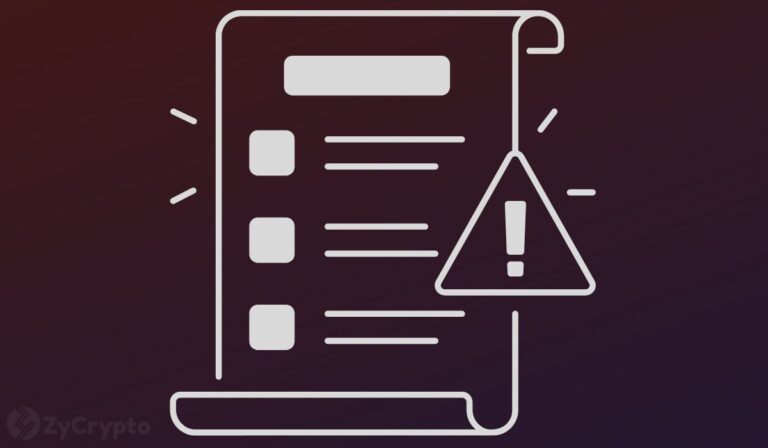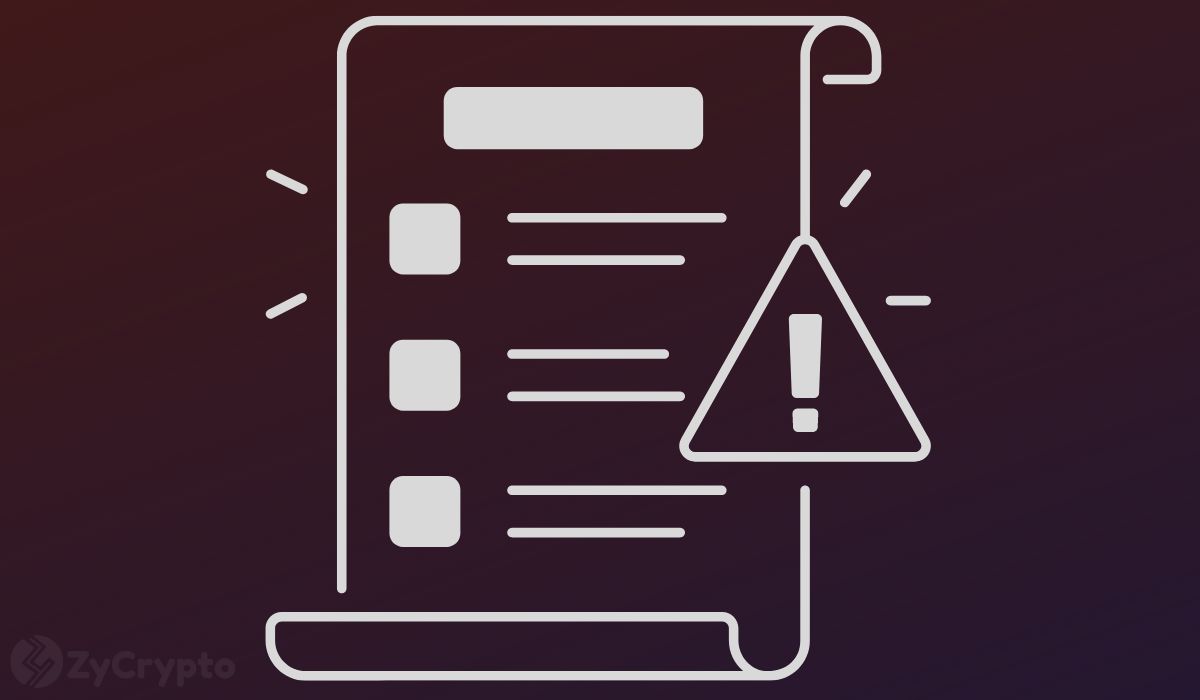
[ad_1]
 
 
U.S. Senators Cynthia Lummis and Kirsten Gillibrand are set to introduce a revised version of the cryptocurrency regulation bill, aiming to establish a comprehensive regulatory framework for digital asset transactions and stablecoin issuance. The revised version advocates treating crypto assets as “commodities,” expanding the CFTC’s powers and imposing stricter regulations on stablecoin issuers.
Crypto assets are positioned as “commodities”
The main goal of the revised bill is to define encrypted assets as “commodities” and give the Commodity Futures Trading Commission (CFTC) more power in the spot market and digital asset exchanges. This will enable crypto asset companies to create assets based on custom criteria and be subject to commodity laws. Additionally, stablecoin issuers would be required to be federal or state-level depository institutions and maintain high-quality liquid assets such as cash, short-term Treasury bills, and reserve certificates.
CFTC competes with SEC for regulatory power
If the amended bill passes, the CFTC and the Securities and Exchange Commission (SEC) would each receive $500 million in additional funding. However, the SEC will be prohibited from using additional funds for law enforcement purposes, while the CFTC will only be able to use funds if it is a chartered cryptocurrency-only agency. Additionally, the Federal Trade Commission (FTC) will allocate $150 million over five years for consumer education and enforcement related to digital assets.
Changes to the tax treatment of digital assets
Lummis and Gillibrand proposed changes to the tax treatment of digital assets, including improving the definition of a broker in the 2021 Infrastructure Act. The definition raises concerns about cryptocurrency developers and other online players being treated as financial intermediaries for tax purposes. It’s worth noting that the bill’s broad scope and the jurisdiction of multiple Senate committees could make it more challenging on the path to law.
[ad_2]
Source link
